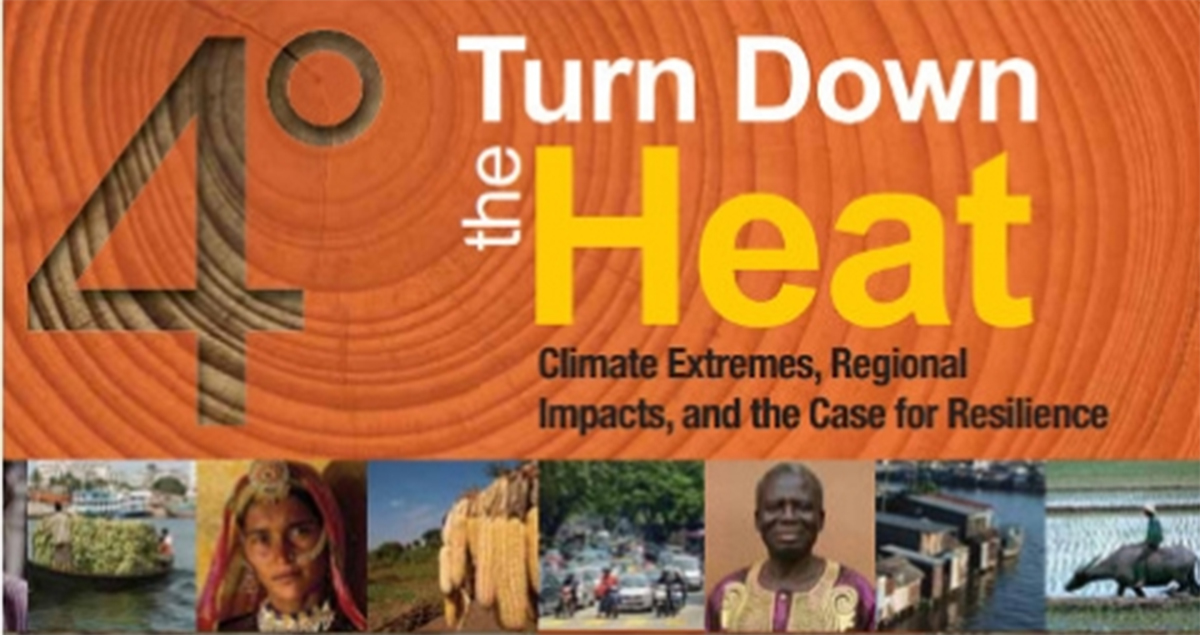Global problems facing the marine fisheries sector, including overfishing and the marginalization of the small-scale sector, are leading to increased international awareness of the need to improve transparency in fisheries governance. This Issue paper considers the situation in Africa, where access to information on commercial fisheries and related investments, including foreign aid for fisheries development and marine conservation, are generally lacking. It suggests improving transparency may lead to important gains, such as reducing corruption, improving the effectiveness of aid, and combating illegal fishing. However, the extent to which transparency can make a difference in these areas depends on a number of conditions, including the strength of mediating organisations, the strength of accountability mechanisms, and whether there are robust means to allow for ‘principal-led’ transparency. The paper reflects on the value of establishing a dedicated transparency initiative for marine fisheries inspired by the Extractive Industries Transparency Initiative (EITI).
Face masks including home-made ones contribute to reducing SARS-CoV-2 transmission
The Royal Society’s Face mask report says if correctly used face masks, including homemade cloth masks, can contribute to reducing viral transmission. Masks can offer an important tool for contributing to the management of community transmission of Covid19 within the general population. The report says evidence supporting their potential effectiveness comes from analysis of (1) the incidence of asymptomatic and pre-symptomatic transmission; (2) the role of respiratory droplets in transmission, which can travel as far as 1-2 meters; and (3) studies of the use of homemade and surgical masks to reduce droplet spread.
Link to report: https://rs-delve.github.io/reports/2020/05/04/face-masks-for-the-general-public.html
CIDRAP report COVID-19 to spread up to 2 years
The new coronavirus is likely to keep spreading for at least another 18 months to two years—until 60% to 70% of the population has been infected, says a new report. The primary focus of these scenarios is on the Northern Hemisphere, but similar patterns could occur in the Global South, as well. The lack of robust healthcare infrastructure and comorbidities such as other infections, malnutrition, and chronic respiratory disease in certain areas of the Global South could result in the pandemic being even more severe in those areas, as was noted during the 1918-19 pandemic.
Link to PDF:  CIDRAP report COVID-19 to spread up to 2 years
CIDRAP report COVID-19 to spread up to 2 years
Cleaning and Disinfectant Chemical Exposures and Temporal Associations with COVID-19 — National Poison Data System, United States, January 1, 2020–March 31, 2020
Calls to poison control centers in March surged by almost 20% compared to the same period in 2019, according to a new report released by the U.S. Centers for Disease Control and Prevention. Associated with the increased use of cleaners and disinfectants is the possibility of improper use, such as using more than directed on the label, mixing multiple chemical products together, not wearing protective gear, and applying in poorly ventilated areas.
Link to report: https://www.cdc.gov/mmwr/volumes/69/wr/mm6916e1.htm
Considerations for Drug Interactions on QTc in Exploratory COVID-19 (Coronavirus Disease 2019) Treatment
In a joint statement on April 8, the American Heart Association, the American College of Cardiology, and the Heart Rhythm Society cast doubts as to the safety of hydroxychloroquine and azithromycin for potential prophylaxis or treatment for COVID-19; both drugs are listed as definite causes of torsade de pointes” and increase in the risk of other arrhythmias and sudden death”, the statement says. In addition “seriously ill patients often have comorbidities that can increase risk of serious arrhythmias,” including hypokalemia, hypomagnesemia, fever, and systemic inflammation, the groups said.
Link to PDF:
 Considerations for Drug Interactions on QTc in Exploratory COVID-19 (Coronavirus Disease 2019) Treatment
Considerations for Drug Interactions on QTc in Exploratory COVID-19 (Coronavirus Disease 2019) Treatment
Impact of non-pharmaceutical interventions (NPIs) to reduce COVID-19 mortality and healthcare demand
The Imperial College report that made the UK government change track. It says population-wide social distancing applied to the population as a whole would have the largest impact, and in combination with other interventions – notably home isolation of cases and school and university closure – has the potential to suppress transmission to rapidly reduce case incidence.
 Impact of non-pharmaceutical interventions (NPIs) to reduce COVID-19 mortality and healthcare demand
Impact of non-pharmaceutical interventions (NPIs) to reduce COVID-19 mortality and healthcare demand
Turn Down the Heat
The report Turn Down the Heat: Confronting the New Climate Normal is a result of contributions from a wide range of experts from across the globe. The report follows Turn Down the Heat: Climate Extremes, Regional Impacts and the Case for Resilience, released in June 2013 and Turn Down the Heat: Why a 4°C Warmer World Must be Avoided, released in November 2012.
“Dramatic climate changes and weather extremes are already affecting millions of people around the world, damaging crops and coastlines and putting water security at risk. Across the three regions studied in this report, record-breaking temperatures are occurring more frequently, rainfall has increased in intensity in some places, while drought-prone regions like the Mediterranean are getting dryer. A significant increase in tropical North Atlantic cyclone activity is affecting the Caribbean and Central America. There is growing evidence that warming close to 1.5°C above pre-industrial levels is locked-in to the Earth’s atmospheric system due to past and predicted emissions of greenhouse gases, and climate change impacts such as extreme heat events may now be unavoidable.” Dr. Jim Yong Kim, President, World Bank Group

